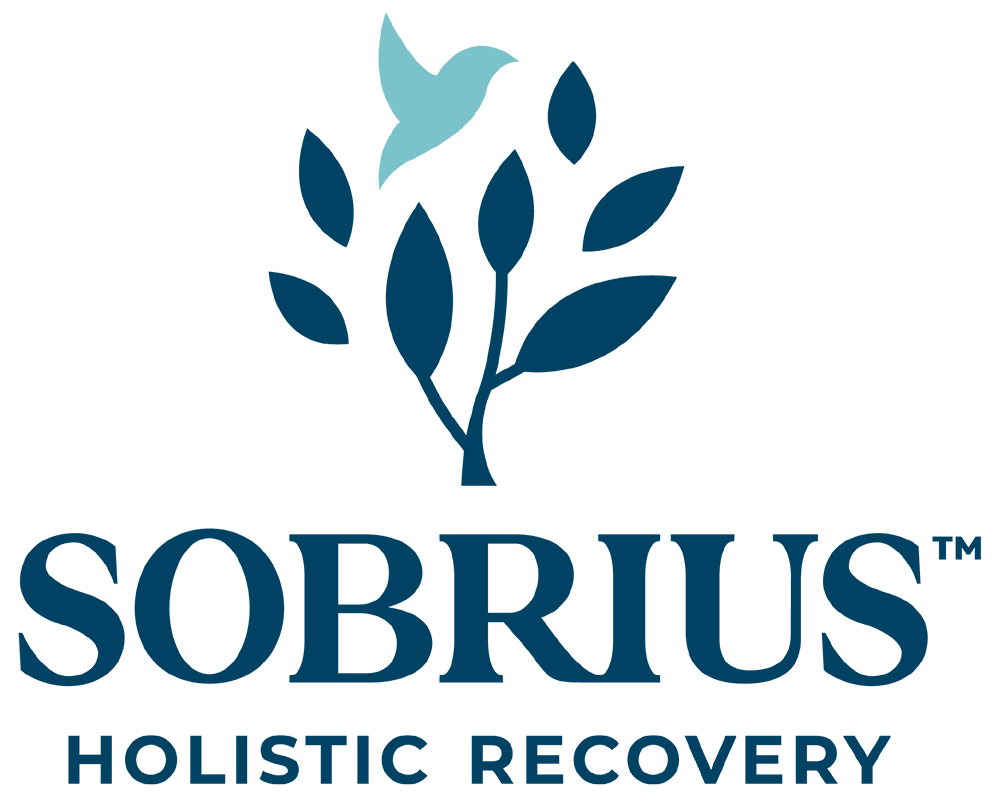If you’ve noticed changes in the mood, behavior, and decision-making of someone you care about who drinks heavily, you might wonder about the effects alcohol has on the brain and body. One of the most common questions is, is alcohol a stimulant or depressant? The answer is that alcohol is a depressant because of the way it affects the central nervous system.
Let’s examine how alcohol works, its impact on mood and cognition, and how our alcohol rehab center in VA can help your loved one begin to heal.
Why Is Alcohol a Depressant?
Alcohol is a depressant because of its effect on the central nervous system (CNS). When someone drinks, alcohol slows down CNS activity, which includes the brain and spinal cord. The CNS controls essential functions like breathing, heart rate, and brain activity. By slowing these processes, alcohol reduces the speed at which messages travel between the brain and the body.
This slowing can create feelings of relaxation in the short term. Many people may feel calm or uninhibited after a drink or two. However, as people drink more, these effects deepen, leading to impaired motor skills, slower reaction times, and slurred speech. Over time, the depressant effects of alcohol also alter the brain’s chemistry, which contributes to lasting impacts on mental health and cognitive ability.
Short-Term Effects of Alcohol on Mood and Decision-Making
At first, a person who drinks heavily might seem to enjoy an uplifted mood or lowered inhibitions. This is because alcohol enhances the production of dopamine, a chemical in the brain associated with pleasure and reward. However, these effects are fleeting and often mask how alcohol is disrupting other critical brain functions.
Short-term effects of alcohol often include:
Mood Swings
While alcohol may initially produce temporary happiness, it can quickly lead to irritability or sadness as its effects wear off. The energy and excitement some people feel after initial consumption are not due to alcohol being a stimulant but rather an illusion created by altered brain chemistry.
Poor Decision-Making
Alcohol lowers inhibitions, which can result in risky behaviors like unsafe driving, reckless spending, or damaging relationships.
Temporary Anxiety
After drinking, some people may wake up feeling jittery or unsettled. For others, the impact can linger beyond just a few hours, prompting the question, can alcohol cause anxiety for days? Yes, this is possible. Alcohol disrupts the balance of chemicals in the brain, which can leave heavy drinkers feeling anxious long after their last drink.
Long-Term Impact on Mental and Physical Health
Chronic drinking takes a toll on both mental and physical health. Over time, alcohol’s depressive effects can lead to more consistent and severe mood changes. What started as occasional moments of calm or social ease can devolve into cycles of anxiety, depression, and even dependence.
Some long-term effects of drinking include:
Mental Health Struggles
Alcohol can contribute to or worsen conditions like depression and anxiety. Because it interferes with the brain’s ability to regulate serotonin (a “feel-good” chemical), chronic drinkers frequently experience emotional lows.
Cognitive Decline
Prolonged alcohol misuse damages brain cells, resulting in memory problems, difficulties concentrating, and in severe cases, conditions like alcohol-related dementia.
Physical Health Risks
Alcohol affects nearly every organ. Long-term drinking can damage the liver, heart, and immune system. It can also increase the risk of developing some forms of cancer. Perhaps most concerning is long-term brain damage, which is often preventable if the person gets help.
Healing Through Sobriety and Support
Alcohol’s effects are far-reaching, but it’s important to know that recovery from its damage is possible. Sobriety offers a path to clarity, health, and a more fulfilling life. Seeking help through an addiction treatment center like Sobrius is a vital first step for anyone struggling with alcohol use.
Here, treatment plans are tailored to your unique needs, recognizing that every person’s path to sobriety is unique. Programs like cognitive-behavioral therapy (CBT) help you address thought patterns that contribute to alcohol use. For chronic drinkers who’ve experienced anxiety or depression, relapse prevention therapy gives them tools to manage triggers and build a healthier relationship with their emotions.
Families and loved ones can play an essential role in this recovery process by offering support and encouragement. Change takes courage, but the rewards are lasting. When someone you care about begins their sobriety journey, they’ll not only see improvements in their mood and cognition but also gain the tools needed for a happier, more stable future.
Take the First Step Toward Healing With Sobrius
Now you know the answer to the question, is alcohol a depressant? The answer can help you provide support to a loved one. While drinking may seem to offer short-term escape or relaxation, its long-term effects often lead to cycles of poor mental health, physical harm, and risky decisions. The good news is that breaking free from alcohol’s grasp can change someone’s life.
Sobriety allows the brain and body time to heal, reducing the risk of permanent damage and creating space for emotional and physical well-being. If your loved one is ready for a change, Sobrius in Galax, VA, is here to help them take the first step. Call us at 888.596.6514 or use our online contact form. Together, we can work toward long-term recovery, clarity, and hope.

